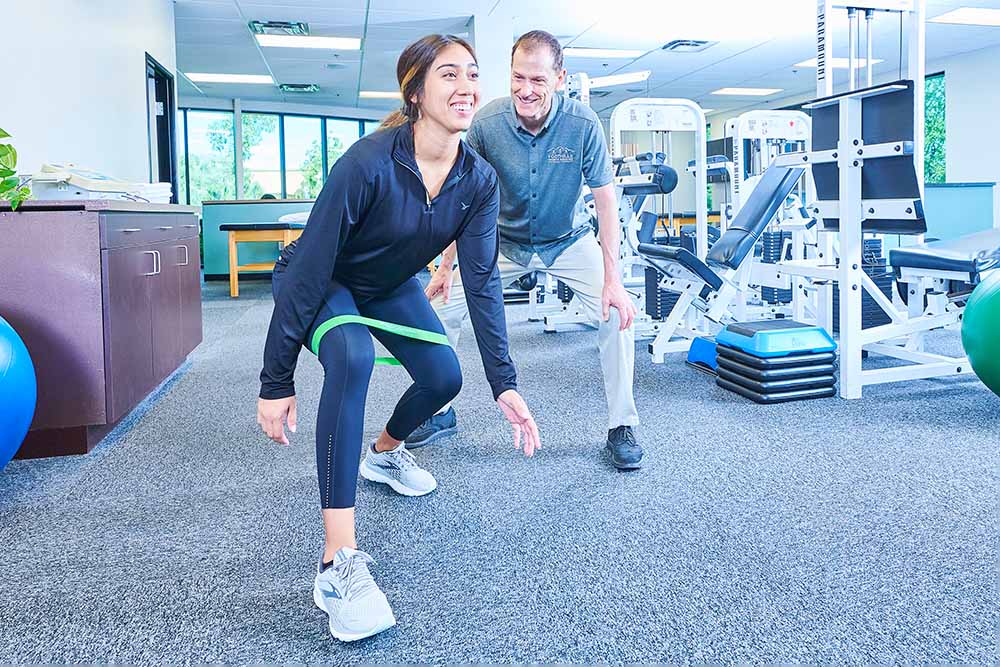Physical therapy after an operation typically begins with an assessment by a licensed physical therapist. This professional evaluates the patient's condition, including their range of motion, strength, and pain levels. Based on this assessment, a personalized treatment plan is developed. This plan may consist of workouts to improve flexibility, strength training to rebuild muscle, and techniques to enhance balance and stability. The therapist will guide the patient through these exercises, ensuring they are performed safely and efficiently. This customized approach helps patients advance at their own speed while meeting their specific requirements.
One of the main advantages of rehabilitation is discomfort management. After the procedure, many patients feel pain or pain, which can hinder their ability to move and participate in daily tasks. Physical therapists use different methods, such as hands-on therapy, modalities like heat or ice, and specific workouts, to help reduce pain. By managing pain effectively, patients can engage more fully in their recovery exercises, leading to quicker recovery. Additionally, understanding how to control pain can empower patients to take an active role in their healing process.

Another crucial aspect of rehabilitation is education. Patients are taught about their condition, the recovery process, and the significance of following to their rehabilitation program. This knowledge helps patients comprehend what to anticipate during recovery and the role they play in their own recovery. Physical therapists also provide guidance on how to adjust daily tasks to prevent further injury and encourage healing. This informative component fosters a sense of independence and assurance, allowing patients to feel more empowered of their recovery journey.
In summary, rehabilitation is an integral component of recovery after an operation. It not only assists in physical rehabilitation but also supports emotional and psychological well-being. Through personalized treatment plans, pain management techniques, and informative support, physical therapy empowers patients to manage of their healing. By actively engaging in their recovery, individuals can regain their power, enhance their mobility, and enhance their overall standard of life. Accepting rehabilitation after an physical therapy for muscle strains operation can result to a successful and rewarding healing experience.